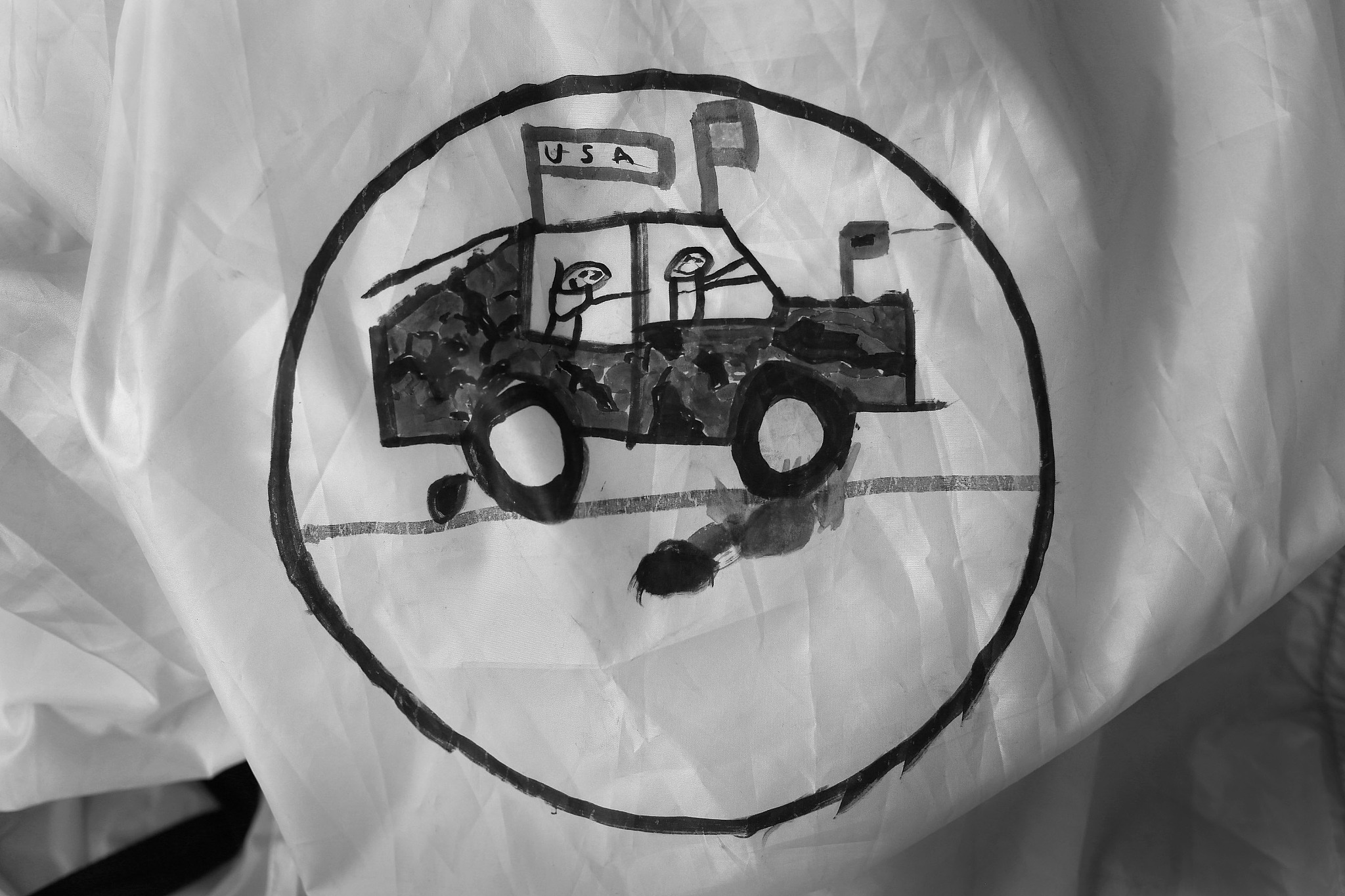
VCG.
**Editor's note: **Keith Lamb is a graduate from the University of Glasgow, Staffordshire University and the University of Oxford. His primary research interests are the international relations of China, neoliberalism and China's "socialism with Chinese characteristics." The article reflects the author's opinions, and not necessarily the views of CGTN.
Taking conspiracy defined as "a combination of persons for a secret, unlawful, or evil purpose" one would have to say conspiracy, on the micro-level, is everywhere because people often conspire toward obtaining the same result.
Of course, we usually use the word conspiracy in its negative sense. Nevertheless, conspiracy is ubiquitous.
The recent reports of the Australian military in Afghanistan clearly involve a number of individuals who conspired to cover up their heinous atrocities.
However, big-time conspiracy theories that explain happenings within the entire global order have built up a momentum, especially in the West. A conspiracy theory being theoretical means that these explanations are still conjectural or at least defy official explanations.
In terms of COVID-19 China has faced a barrage of them. Some believe COVID-19 was a biological accident that China covered up. Others believe COVID-19 is a Chinese military weapon unleashed on the world.
Now beliefs have transmuted to attributing COVID-19 to a cabal made up of the world's elite who seek to use the pandemic to enforce their control over mankind. Some buttress this theory by claiming COVID-19 isn't very lethal and in fact, is only a symptom of 5G technology.
Why is it that conspiracy theories are now prevalent in the Western world?
According to a 2017 Princeton psychological study, loneliness which is endemic in Western societies, leads to an increase in believing conspiracy theories. With lockdown and isolation there could be more lonely people but this doesn't explain why certain conspiracies are believed.
Some advocate that coincidences lead to conspiracy theories. For example, the coincidences that led to Jeffrey Epstein's "suicide" defy the laws of probability. No wonder, according to a poll by Rasmussen Reports, only 29 percent of the U.S. public believe he committed suicide. The mystery is then filled in with a conspiracy theory describing who, when, why and how.
However, looking at recent history, I would add to the above two explanations that systemic problems in the West have led to a plethora of conspiracy theories.
In addition, the fact that some gigantic conspiracy theories turned out to be conspiracy facts has led to a breakdown of trust in official narratives.
For example, the Second Gulf War was premised on ridding Iraq of a dangerous Saddam who had played a role in 9/11 and possessed weapons of mass destruction (WMD). Moreover, Westerners were told that they were bringing freedom and democracy to Iraq's inhabitants.
Not only did the claims turn out to be false they were fabricated by those who invaded Iraq. The WMD claims were dreamed up by Tony Blair's right-hand man Alister Campbell.
Professor David Harvey's description of the complete reorganization of the Iraqi economy for the benefit of international capital smacks down any illusions that the West was bringing freedom to anyone but a small transnational capitalist elite.
Furthermore, the Iraq War could not have been perpetrated without large scale support by a significant proportion of the Western media itself owned predominantly by transnational capital.
Thus, the Iraq taught Westerners a lesson in conspiracy. It showed how lies could easily be presented as facts by "experts" and those elected into power. It showed that much of the media cannot be trusted. Most seriously, it shattered the reverence and trust that many Westerners had in their political institutions and civil society.

A child's artwork is drawn on a parachute as part of group therapy in the TAPS "Good Grief Camp", Arlington, Virginia, U.S.,May 27, 2012. /VCG
However, the machinations described above are nothing new and for many, long gone, they wouldn't come as a surprise.
For instance, Marx in the 18th century described the bourgeoisie's conspiracy against workers. Lenin wrote over 100 years ago how unfettered finance capital leads to imperialism. Gramsci showed how the bourgeoisie are able to create an ideological consensus, which serves their interests, through civil society which is falsely propagated as being neutral.
In China, the teachings of Marx and Lenin are hardly controversial. China fought a revolution to free themselves from the domination of national and foreign capital. As such, they easily accept, the fact, that the West isn't entirely a force for spreading peace and democracy.
Nevertheless, China still has class contradictions that haven't ceased yet. Capitalists still exist and so do workers. However, importantly, capital doesn't trump state power. Instead it is used for the consensus of building socialism for all.
No doubt, China's current vision of containing capital, for the purpose of development, clashes with Western transnational capital's use of war to achieve profits.
Consequently, China is also frequently debased by Western governments and media, controlled by transnational capital, who are willing to spread Chinese COVID-19 conspiracies that defy events of the ground.
Conspiracy when it comes to China, beyond COVID-19 is ubiquitous. For example, protests in Hong Kong were being
funded
by the U.S. government. Yet the Western media would have us believe that they were entirely organic.
Of course, COVID-19, Iraq, and Hong Kong are just the tip of the iceberg. Conspiracy has been a tool of international relations for years. Even colonization and slavery, which made fortunes for the powerful, were justified in their era which gives them a conspiratorial nature.
As such, disinformation has always been at the heart of the liberal world order. When the cloak of ideology has fallen and power has become naked, citizens naturally seek unofficial narratives to counter official lies.
This, in turn, leads to the profusion of multiple often conflicting conspiracies, both rational and outlandish, which further prevents unity among citizens who fail to perceive the basic conspiratorial nature of their world.
(If you want to contribute and have specific expertise, please contact us at [email protected].)
 简体中文
简体中文

